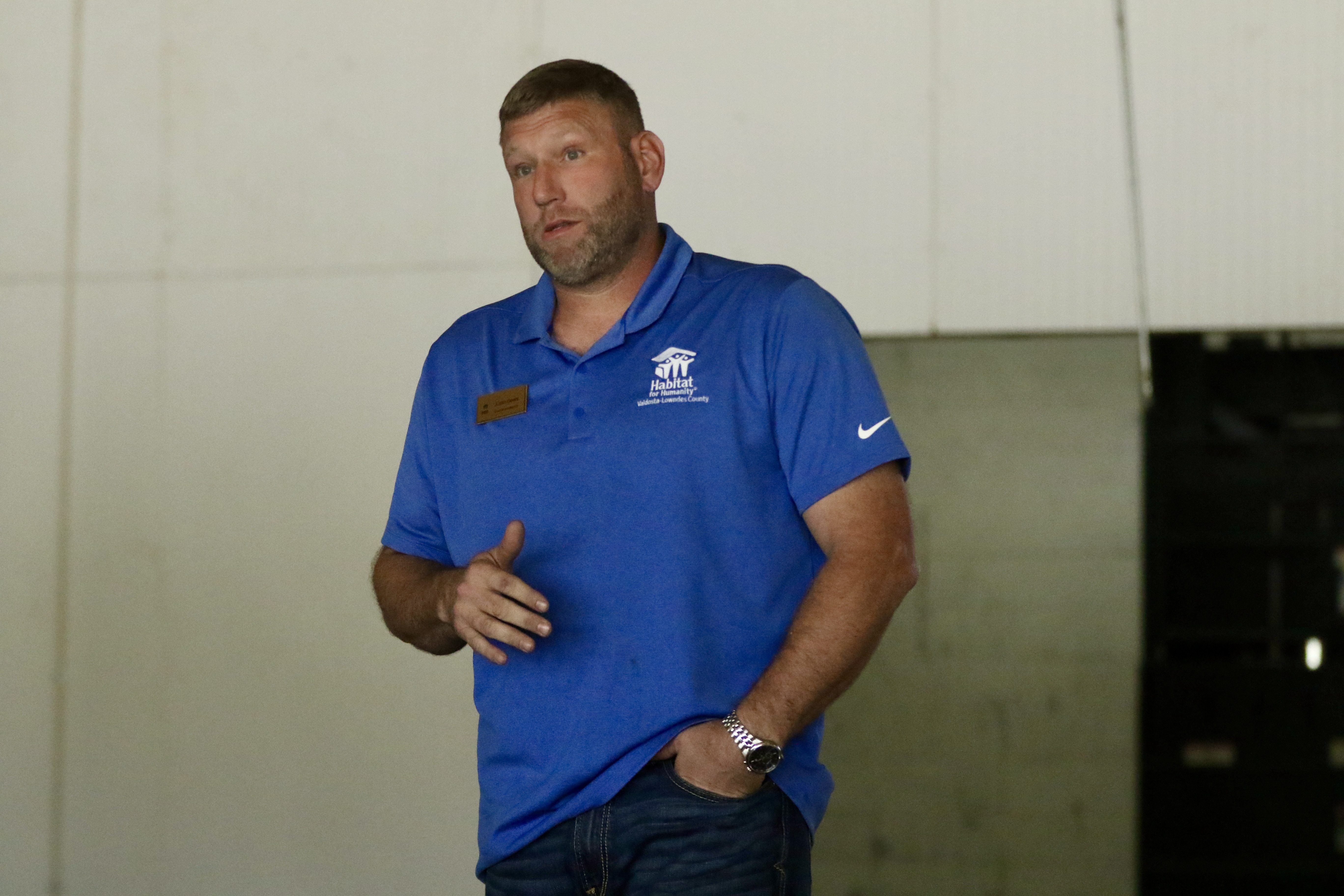Biofuels are the ‘new’ energy
Published 12:20 am Sunday, May 10, 2009

- images_sizedimage_130001519
VALDOSTA — The Valdosta-Lowndes County Industrial Authority is working with Wire Grass Power LLC to possibly open a biofuels plant in the community, with a public hearing scheduled for Thursday, May 14 at 7:30 p.m. at the James H. Rainwater Conference Center.
Executive Director Brad Lofton said the Industrial Authority wants to encourage the public to attend the hearing to learn about the proposed plant and give company officials the opportunity to answer questions and concerns.
The 22-acre potential site is under contract by the Authority, contingent on rezoning and permitting. It’s located on land adjacent to the Mud Creek Waste Water Treatment Plant off Inner Perimeter Road, and the company’s plan is to use the biosolids from the plant in addition to biofuels from the forest industry. Wire Grass Power LLC will make a nearly unprecedented $90 to 110 million initial investment, with a projected annual revenue of $24 million.
Information provided by the Authority shows that the plant will use inert material that it purchases from the Evergreen Landfill in addition to forest residue from a 60 mile radius around the site, dubbed the wood basket.
While only 20 or so jobs will be created, they will pay $20 or more per hour, and Lofton says the value of the economic impact, as well as the value of providing 33 megawatts of “green” electricity to nearly 16,000 customers, approximately the number of homes in the city of Valdosta, makes the plant a desirable business opportunity for the community.
In addition, it is expected to create jobs as landowners will be encouraged to plant more trees and to harvest the wood waste. There will also be a surge in the trucking industry, as an estimated 50 trucks per day will be in and out of the plant, Lofton said.
The process of using biofuels for power is well established, and several members of the Authority flew to Michigan last year to see an older version of what may be built here. Locally, both PCA and Langboard have been using wood waste to fuel their plants for years, although the technology to use waste water is brand new, and Lofton said it is still in development.
The company anticipates being able to sell its electricity to Georgia Power or Electric Membership Cooperatives, although neither “have” to agree to buy it. However, proposed federal initiatives to create more green sources of fuel may make the plant’s product invaluable to large power companies.
Georgia Power Ahead of the Biofuels Curve
While Lowndes County citizens and officials discuss the fate of the proposed Wire Grass Power plant, Georgia Power is moving full steam ahead with its own, converting Plant Mitchell outside of Albany from coal to biofuels.
The process is well underway and construction is set to begin on the conversion in early 2011.
The plant is much larger than the one proposed in Lowndes County, producing 155 megawatts of electricity to power 60,000 homes. It differs in that it will only use wood waste, purchased from a 100-mile radius around Albany which includes Lowndes and surrounding counties.
A nationwide push toward cleaner energy sources is accelerating the need for new types of production, according to Plant Manager Ronnie Walston. Here in the South, “We don’t have the wind or the solar, but we have an abundance of wood. Rather than depleting the forests, this will encourage better management practices as we will only be burning the wood waste, not the trees.”
The types of wood waste Georgia Power will be using include fuel chips, harvest residues, unmerchantable timber and excess pulp. “All of the sawdust and scraps that is produced in this region is already being used in various ways, but even without that supply, we have nearly an 11 million ton excess as a surplus annually.”
As biomass decomposes, whereas coal does not, the supply can only be stored for up to three weeks, requiring a continuous supply. The plant will only have to be down about nine months in order to make the conversion, with no interruption in service for Georgia Power customers.
“The only byproduct of using biofuels is the ash. We will either have to store it or give it away, as there’s not really a market for it, although we are still working on trying to find one,” said Walston.
Walston said Georgia Power has been working on this conversion for several years, and the timeline is for Plant Mitchell to have its EPD (Environmental Protection Division) permit within 12 to 18 months, and construction / renovations will begin in April 2011. The plant will be down for a portion of the time, from September 2011 to May 2012, and it will begin commercial operation in June of 2012.
“The new plant will allow us to have some fuel diversity for our operations, along with a large local economic benefit. There are also tremendous environmental benefits as well, as we will see a 95 percent reduction in our carbon dioxide emissions.”





